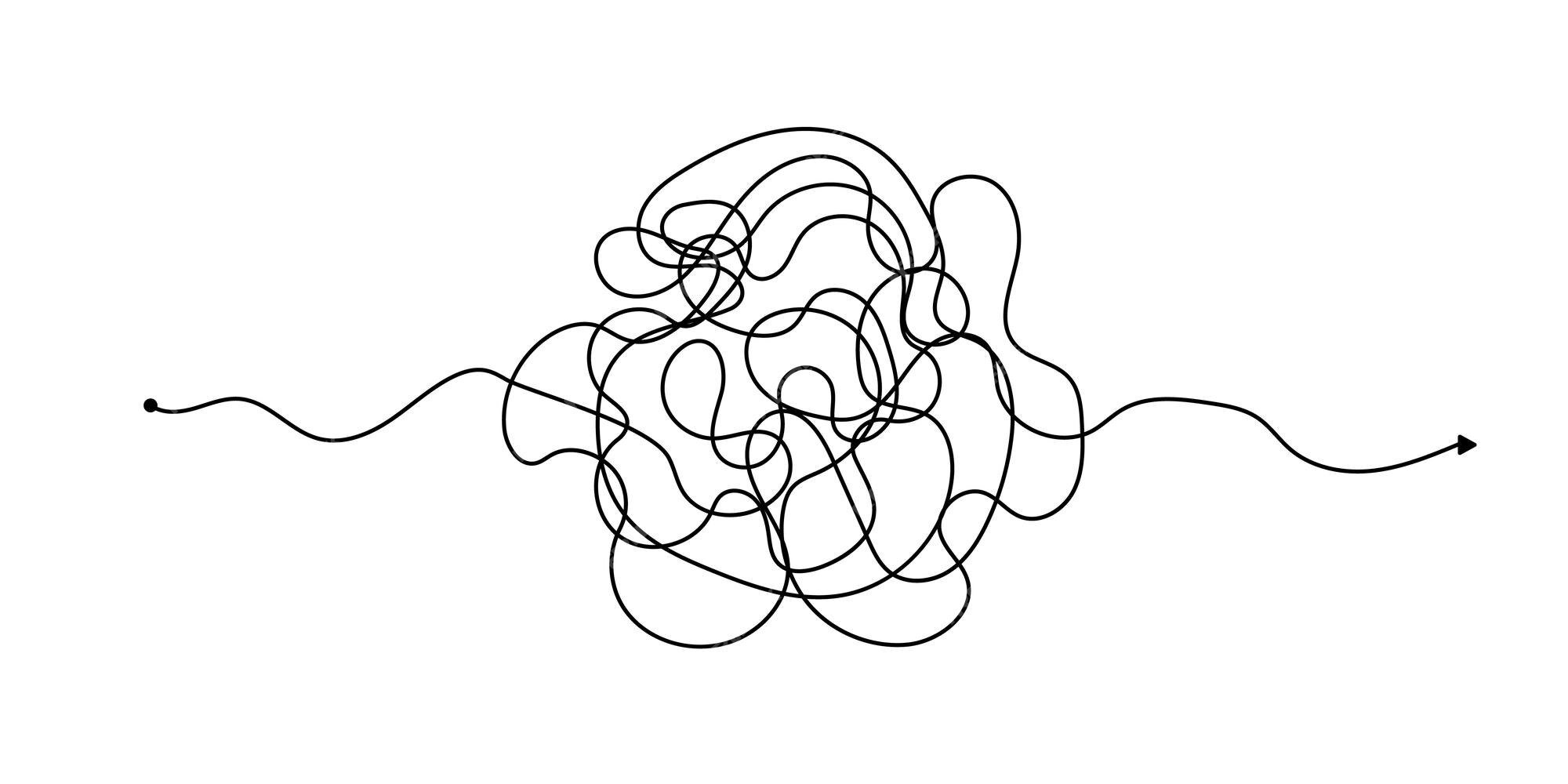My name is Tolulope Babatunde (M.Ps.S.I.), (M. BTI). With a background in psychology, an MSc in global healthcare management, and ongoing postgraduate studies in applied clinical psychology and cognitive behavioural therapy, I feel a pressing need to address the unfortunate prevalence of racism in higher education. Ireland, historically valuing education, has seen a shift towards mental health concerns in recent years. Students of colour face unique challenges that demand urgent attention, especially regarding mental health support.
As the only black student in my class and sometimes building, I’ve personally encountered racism both on campus and at my workplace. Clients sometimes perceive me as incompetent basically because of my skin colour and I have had to prove myself in class that I am equally as intelligent as my colleagues based on their presumptions when case studies are been given out that I am not equal to the task. These and many more experiences highlight the isolation and discrimination students of colour endure. Such incidents, from being regarded as different to overt exclusion, necessitate an exploration of the impact on mental well-being.
Counselling, a fundamental component of mental health care, is universally vital. It provides a safe space for individuals to navigate their emotions and challenges, fostering self-discovery and promoting mental health. It is crucial to emphasise that counselling is not exclusive to any ethnicity, breaking down cultural stigmas surrounding mental health.
Students of colour face disparities in accessing counselling services due to cultural stigma, lack of representation and unfamiliarity with available resources. To foster an inclusive environment, there must be equal availability of counselling services for every student, irrespective of their background. Addressing cultural competence and breaking the stigma is pivotal in creating an inclusive mental health support system.
Students of colour display remarkable resilience, working twice as hard to prove their intelligence amidst double standards. The weight of expectations and racial biases necessitates acknowledging and celebrating their strength and perseverance. Their ability to excel academically despite systemic challenges is inspirational and deserving of recognition and support.
Quality counselling is indispensable for students of colour, addressing unique challenges rooted in systemic biases and cultural misunderstandings. Cultural competence among counsellors is vital in creating a safe and supportive environment. By recognising the importance of cultural competence, we invest in the emotional well-being and academic success of coloured students.
A diverse counselling staff, including individuals from different ethnic backgrounds, especially counsellors of colour, enriches the support system. Such diversity not only breaks down cultural barriers but also creates a safe haven where students feel understood and supported. It enhances empathy, relatability, and effective communication, contributing to a more inclusive counselling environment.
In conclusion, addressing the unique needs of coloured students in counselling services is paramount for fostering an inclusive and supportive university environment. The key lies in recognizing their experiences, advocating for cultural competence, and actively creating an environment where every student feels heard and supported in their mental health journey. A proactive approach from the university is crucial to ensure the well-being and success of all students, regardless of their background. It’s time to bridge the gaps, break down barriers, and build a campus environment that truly prioritises the mental health of every student.







